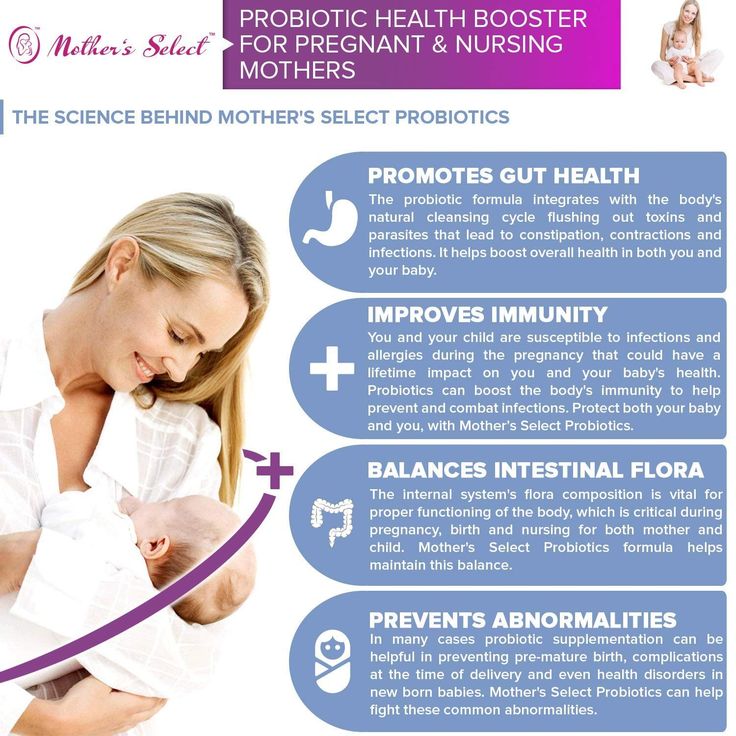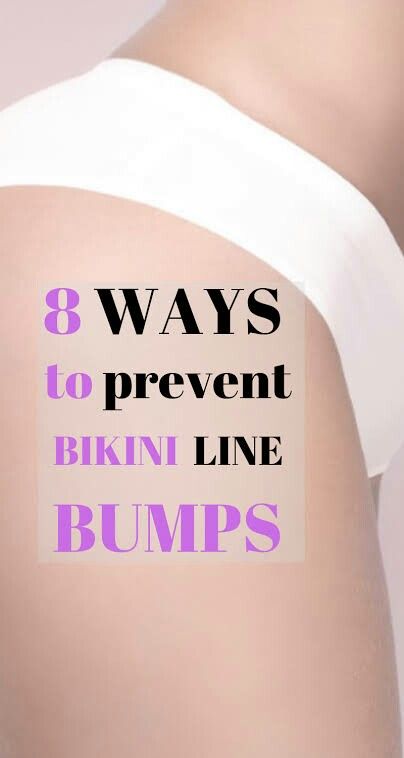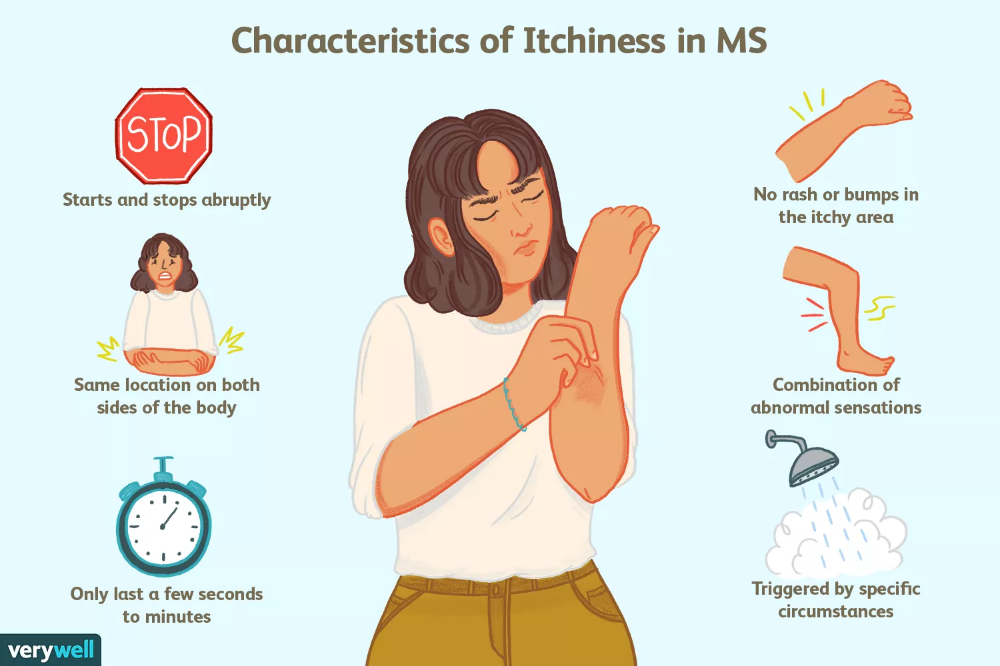Smelling bleach during pregnancy
Cleaning With Bleach While Pregnant
When a woman is pregnant, there are some things she needs to avoid like foods associated with listeria, recreational drugs, smoking caffeine, toxoplasmosis and salmonella (see the list of things to do and to avoid during pregnancy). However, depending on whom it is you are talking to, there are some things that are safe or unsafe for a pregnant woman as they can make her too nervous to do much. Nowadays, not a day goes by that the media does not report some bad news on the environment. This makes pregnant women more sensitive than they already are when they think about things that could harm their unborn baby. One of the many things pregnant women worry about is whether the products they use to clean are safe for their baby. Here is some useful advice on cleaning with bleach while pregnant.
According to the American Pregnancy Association, most cleaning products are safe to use during pregnancy including bleach. So, if you are pregnant, there is no need to hire cleaning help unless you need it. However, there is likelihood that some cleaning products have smells that might cause nausea.
Advice on Cleaning with Bleach While Pregnant
If you will be handling all the dirty work, here are some steps you should take whenever you clean with bleach while pregnant. This way, you will be able to protect yourself and the baby from any harm and keep you and your baby healthy.
Step 1: Ensure that the area you are cleaning has good ventilation.
Step 2: Wear protective clothing and gloves to protect the skin.
Step 3: Before you use a cleaning product, first read the instructions and warning labels.
Step 4: Do not mix chemicals like bleach and ammonia - this mixture is quite dangerous when inhaled.
Step 5: Try as much as you can not to clean your oven. The reason for this is that the space is tight, and ventilation is poor.
Step 6: Use Aerosol cleaning products but not routinely because they spread chemicals in fine mist, which makes it more likely for you to inhale. If you use fumes that make you feel sick, ask for help with the cleaning.
If you use fumes that make you feel sick, ask for help with the cleaning.
(Click here to see more precautions while using cleaning chemicals during pregnancy.)
Safe and “Green” Substitutes
You can easily make products that are non-toxic by using basic on-hand ingredients.
- Baking soda helps you to remove stains, eliminate odors and is a wonderful scouring powder.
- White vinegar comes in handy as an all-purpose cleaning product. It comes with a bonus for cleaning as a bacteria and germs killer.
- Club soda is also a good polisher and stain remover, while olive oil is a good furniture polisher.
- Hydrogen peroxide can work as a stain remover or bleach (non-toxic, and disinfectant).
- Borax is a wonderful alternative to bleach and helps to get rid of odor, deodorizes, disinfects and removes dirt.
How to make: Combine some liquid non-toxic soap with 2 tbsp. vinegar and a tablespoon of borax in an aerosol bottle and add some hot water. Shake the mixture well until all the borax has been dissolved then add some more liquid soap.
vinegar and a tablespoon of borax in an aerosol bottle and add some hot water. Shake the mixture well until all the borax has been dissolved then add some more liquid soap.
Precaution: It is worth noting that there are some people who add essential oils to homemade cleaner for the scent. However, pregnant women should avoid some essential oils because there are some that potentially have dangerous side effects in pregnant women. See the list of essential oils for pregnancy here.
- Some household products, nitrobenzene and antibacterial soaps. It is not possible to avoid cleaning product chemicals completely. There are some chemicals that have been associated with probable health complications like Triclosan. Triclosan can be found in some household products, nitrobenzene in some furniture polishes and antibacterial soap.
- Try not to do dry cleaning. Commercial dry cleaners mostly use PERC (perchloroethylene). There are some studies that have linked PERC to increased risks of miscarrying.
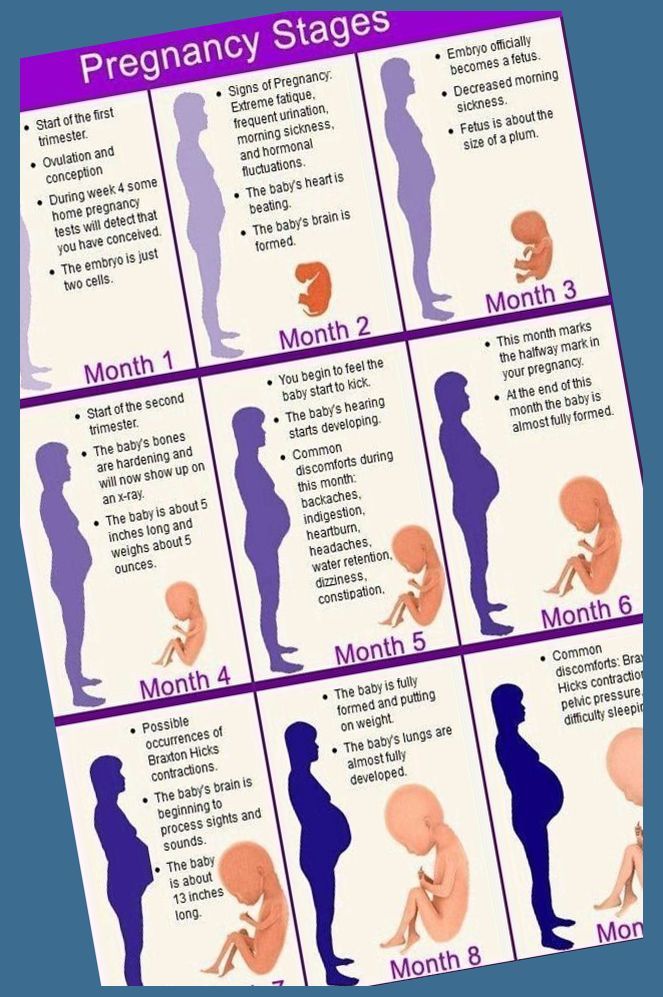 You can instead hand-wash all the delicates or have someone dry-clean for you.
You can instead hand-wash all the delicates or have someone dry-clean for you. - Check your crystal, ceramic dishes and pottery. There are some serving pieces that may contain lead. Check if your favorite pieces have lead by using a lead test kit.
- The Cat’s litter box. A cat’s feces have a parasite known as Toxoplasma gondii. This parasite can cause a grave blood infection called toxoplasmosis. If you do have a cat, ask someone else to clean the cat’s waste box for you.
Here is a cleaning products video that will teach you about the dangers that come with some “cleaners” and they are the ones you should avoid most when expectant:
Click to learn more about pregnancy care:
Is it safe to use painting while pregnant? http://www.kids-center.org/thread/Painting-While-Pregnant.html
Is it safe to dye your hair while pregnant? http://www.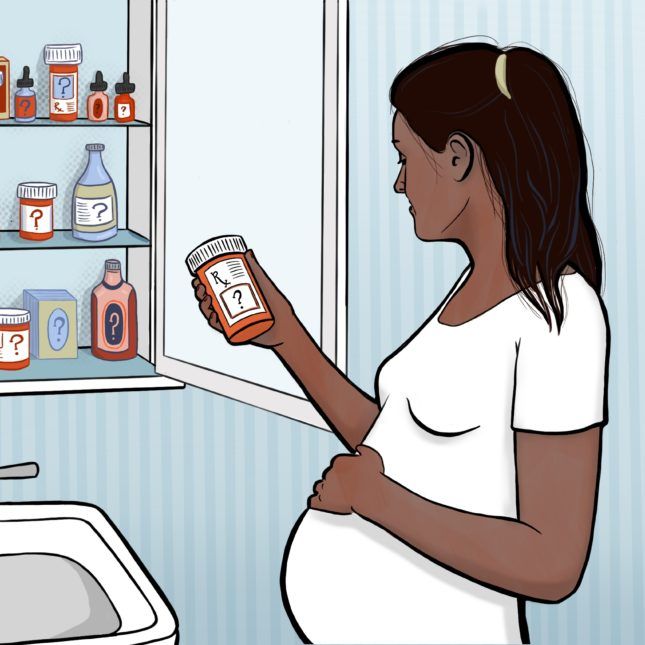 kids-center.org/thread/Dying-Hair-While-Pregnant.html
kids-center.org/thread/Dying-Hair-While-Pregnant.html
Can you get your nails done while pregnant? http://www.kids-center.org/thread/Can-You-Get-Your-Nails-Done-While-Pregnant.html
Help! I Accidently Inhaled Bleach While Pregnant (Here is what you need to know) I empiricalmama
Sharing is caring!
1 shares
- Share
It can be hard to avoid exposure to household chemicals when pregnant. But if you have accidentally inhaled bleach while pregnant and freaking out, here is what you need to know.
Chemicals surround us in our daily life. The chemicals in your everyday skin-care products, flame retardants on furniture, mattress, pregnancy pillow, pesticides in your garden, and cleaning products in your household could possibly harm your baby.
Photo by Anton on UnsplashHowever, the quantity of toxic chemicals in these household products is low to cause serious harm. But why take a risk when you are pregnant?
But why take a risk when you are pregnant?
The use of bleach and Lysol to disinfect surfaces or as a cleaning agent has increased in-home today, as people are more worried about bacteria and viruses on the surface of their homes in the pandemic.
Accidental exposure to any chemicals, while you are deep cleaning the washroom or removing stains from the cloth, will not harm you or your baby.
But exposure to toxic chemicals in large quantities for a longer duration could possibly harm your baby.
If you have accidentally inhaled bleach during pregnancy or cleaned with bleach without wearing gloves, you do not need to worry about it as long as you feel normal. No studies show adverse outcomes for a baby when the mother is exposed to bleach or other cleaning agents short-term.
But let’s look at how bleach works, the effect of bleach inhalation, and how long bleach fumes stay in the air after cleaning.
Also, don’t forget to check out the pregnancy-safe natural cleaning products suggestion at the end of the post.
Related Article: Is it Safe to Use Oxicleane during Pregnancy?
Table Of Contents
- What is Bleach?
- Is Bleach safe to use during Pregnancy?
- How long Does Bleach Smell last in the air Indoor?
- So, what can you do if you Accidentally Inhaled bleach while Pregnant?
- Tips for Cleaning with Bleach while Pregnant
- Wear PPE
- Open Window
- Read instructions
- Find Natural Cleaning Solutions
- Chemicals to avoid in Cleaning Products during Pregnancy
- Phthalates
- Glycol Ethers
- Avoid Aerosol and Spray Cleaners
- Air fresheners
- FAQs
- Is it Safe to Use Clorox wipes during Pregnancy?
- Conclusion
Disclosure: This post may contain affiliate links. As an affiliate and amazon associate, I earn commission on qualified purchases at no extra cost to you. Check our affiliate policy here
What is Bleach?Sodium Hypochlorite is an active ingredient in household bleach. The concentration of sodium hypochlorite in household bleach is approximately 3-6%, making it a mild skin irritant.
The concentration of sodium hypochlorite in household bleach is approximately 3-6%, making it a mild skin irritant.
Sodium hypochlorite is highly effective in killing pathogens (bacteria, viruses, fungi, and even Influenza virus). It takes 10-60 minutes to disinfect the surface after initial contact.
Is Bleach safe to use during Pregnancy?Image by 6581245 from PixabayWhile bleach is highly effective in disinfecting surfaces, indoor use can create a potentially toxic environment, especially when pregnant.
You can get exposed to bleach by inhalation, ingestion, or direct skin contact when using bleach as a cleaning agent.
Bleach is a major skin, eye, mouth, and throat irritant when you come in direct contact. Another major concern working with bleach indoors is its effect on the respiratory system.
Bleach has a distinct odor, and the minute you smell bleach in it may make you think you have put yourself into danger.
But it does not work like that. Your sense of smell isn’t a good measure of the amount of chemicals your baby is getting exposed to in utero.
Your sense of smell isn’t a good measure of the amount of chemicals your baby is getting exposed to in utero.
But if you start feeling dizzy, confused, or lightheaded after exposure, it may indicate that you are being exposed to a larger quantity of bleach.
Yes, inhaling bleach fume in large quantities can cause fluid build-up in the lungs and shortness of breath, which can be dangerous for your baby as they do not get enough oxygen to breathe in.
So overall, household bleach is considered non-toxic if used according to label directions, following recommended ventilation, and proper dressing (rubber gloves, safety glasses, and mask).
But severe harm could occur if bleach is mixed with other household cleaners like toilet bowl cleaner or ammonia.
When mixed with ammonia, bleach releases a large amount of toxic chlorine gas. Chlorine gas is heavier than air and is an oxidizing agent.
When chlorine gas is inhaled, it reacts with moist tissue in the body, releasing hypochloric acid, free oxygen radicals, and hypochlorous acid, which can cause tissue damage and death in some cases.
A clinical case report published in 2020 reported the death of a hemophilic pregnant woman in the first trimester after using a combination of bleach and detergent.
So, avoid mixing bleach with any other cleaning product for safety purposes.
How long Does Bleach Smell last in the air Indoor?It is always best to avoid exposure to bleach while pregnant. But if you have used bleach to clean bathrooms or other surfaces at home, you will likely smell bleach.
When bleach is applied to the surface area, it takes 10-60 minutes to disinfect the area, and while it is sitting on the surface, it will fume and spread in the air indoors.
It has a very distinct odor that you will smell the second it is sprayed on the surface. Depending on the amount of bleach used or the ventilation of the area it’s been sprayed on decides how long it will stick in the air indoors.
If bleach is applied on a well-ventilated area or has an exhaust fan turned on, it will dissipate in a couple of minutes.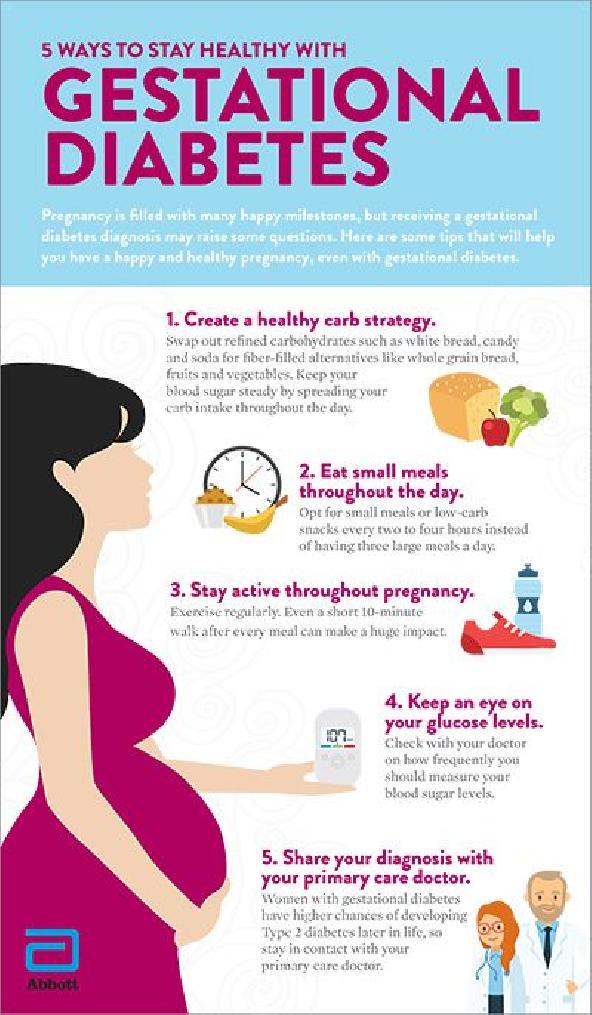
But if bleach is sprayed in large quantities on areas with poor ventilation, you may be exposed to bleach fumes for longer.
So, what can you do if you Accidentally Inhaled bleach while Pregnant?If you have accidentally inhaled bleach while pregnant, you are probably okay as long as you are not experiencing any symptoms like lung irritation, coughing, or shortness of breath.
I have worked in a research lab in virus propagating facilities during my pregnancy.
I have used bleach almost daily to disinfect the surface area, laboratory flasks, and beakers.
So even though I was wearing personal protective equipment like masks, gloves, and safety glasses, I inhaled plenty of bleach during those nine months. And my child is perfectly normal.
So, my point is that accidental exposure to bleach while pregnant will not harm your child.
In case of accidental exposure to bleach indoors during pregnancy, leave your house immediately and get some fresh air.
And have someone else ventilate your house to remove the smell of bleach from your home. In addition, opening all the windows and doors and turning on the exhaust fan will help remove contaminated air from your house.
And, seek medical advice if you are not feeling well after exposure or experiencing shortness of breath or coughing.
Tips for Cleaning with Bleach while PregnantPhoto by Towfiqu barbhuiya on UnsplashIt is always best to avoid bleach when you are pregnant. It has a distinct odor that may make you feel uncomfortable the second you spray bleach on the surface.
But if you want to use bleach during pregnancy, there are always ways to protect yourself and your family.
Wear PPEIf you want to use bleach for cleaning during pregnancy, it is best to protect yourself with rubber gloves to avoid skin contact, a mask to avoid inhalation, safety glasses for eye protection.
You can also wear long sleeve or full clothing and shoes to avoid accidental contact with bleach while cleaning.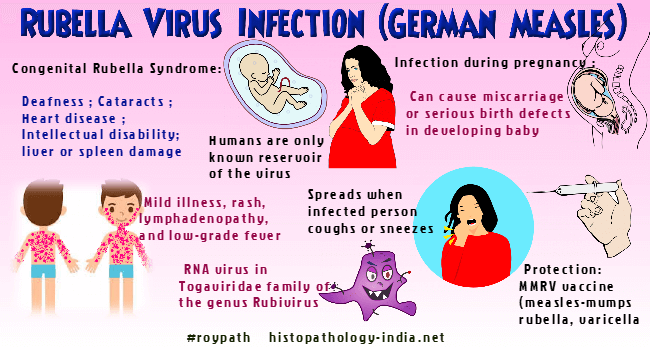
Before you start cleaning with bleach, open all the windows and doors of the room. Proper ventilation and airflow will protect you from inhaling bleach fume for longer.
Read instructionsIt is important to read the label instructions on a bleach container to safely use bleach indoors for cleaning purposes.
Because many people do not know the right amount of bleach to use for cleaning, they overuse or underuse the product.
If you use less bleach than what the label says on the container, you are not killing pathogens on the surface. And when you overuse bleach, you are putting yourself at risk of chemical exposure.
And NEVER mix bleach with any other cleaning product or detergent to achieve extra cleaning goals.
The chemical reactions of mixing two products release a large amount of toxic chlorine gas it could be potentially dangerous to your and your baby.
Find Natural Cleaning SolutionsThere are safer alternatives to clean bathrooms during pregnancy. For example, you can use baking soda and vinegar to clean your bathroom.
For example, you can use baking soda and vinegar to clean your bathroom.
Or use an equal part of dish soap and white vinegar and spray on tough build-up, leave it overnight, then scrub it in the morning.
Here are pregnancy-safe non-toxic cleaners you can use to clean your house without exposing yourself to toxic chemicals.
All-purpose Cleaner
Seventh Generation Lemongrass Citrus Disinfecting Multi-Surface Cleaner
Mrs. Meyers All-Purpose Cleaner
Method All-Purpose Cleaner Spray
Surface Scrubber (Good for bathroom and kitchen)
Mrs. Meyer’s Clean Day Surface Scrub Lavender
Baking soda
Floor Cleaner
Babyganics Floor Cleaner Concentrate
Mrs. Meyer’s Clean Day Multi-Surface cleaner concentrate
Toilet Bowl Cleaner
Seventh Generation Toilet Cleaner
Better Life Natural Toilet Bowl Cleaner
Laundry Detergent
Molly’s Suds laundry detergent
Seventh Generation Free Clear Laundry Packs
Grab Green Bleach Alternative Pods (Bleach alternative)
Woolzies Wool dryer balls
Dish soap
Babyganics Dish Liquid
Dr. Bronner’s pure baby unscented soap
Bronner’s pure baby unscented soap
While it is impossible to completely avoid all the chemicals in cleaning products, you can choose your cleaning products wisely to avoid the main culprits.
Here are the chemicals to avoid in cleaning products during pregnancy
PhthalatesPhthalates are regarded as hormone disruptors. They are very prominent chemicals in household cleaning products like laundry detergents, softeners, liquid shops, and beauty products.
It is also tricky to track down in products as it is often listed as fragrance or perfume. So, you need to avoid the use of scented products during pregnancy.
Glycol EthersGlycol Ethers are organic solvents and the main ingredient in glass cleaners, floor cleaners, oven cleaners, and carpet cleaners.
Exposure to glycol ethers has been shown to cause reduced fertility, birth defect, and embryonic death in animal studies.
In addition, occupational exposure of pregnant women to glycol ethers has been shown to cause birth defects (neural tube defect, cleft lip).
Avoid Aerosol and Spray CleanersAny cleaning product you can spray should be avoided if possible during pregnancy. Studies have shown a link between spray cleaners and an increased risk of asthma.
Air freshenersPrenatal exposure to air fresheners can also cause an increased risk of respiratory problems.
In addition, air freshener has phthalate as a fragrance, so it is best to avoid using them during pregnancy.
FAQsIs it Safe to Use Clorox wipes during Pregnancy?
If you are cleaning with Clorox wipes in a well-ventilated room while wearing gloves, it is unlikely to cause any harm to you and your baby.
But regular use of Clorox wipes without wearing gloves should be avoided during pregnancy.
The listed ingredients in Clorox wipes (scent version) include water, isopropyl alcohol, alkyl dimethyl benzyl ammonium chloride, alkyl dimethyl ethylbenzyl ammonium chloride, fragrance, preservative, disodium EDTA and propylene glycol propyl ether.
The active ingredients in dimethyl benzyl Ammonium Chloride, which is an antimicrobial ammonium compound responsible for disinfecting and sanitizing surfaces.
These ammonium compounds commonly found in disinfectant wipes are problematic, and they are skin and respiratory irritants and have been linked to asthma and reproductive damage.
So, if you are using Clorox wipes on an everyday basis to clean surfaces during pregnancy, you are exposing yourself to toxic chemicals.
ConclusionI hope this article relieves your worry if you have accidentally inhaled bleach while pregnant.
Short-term – low-quantity exposure to bleach or any other household cleaning products will not harm you or your baby. But it is best to avoid using bleach or other toxic cleaning products when pregnant.
Why take a risk when many safe, natural cleaning products are available in the market to deep clean your house during pregnancy?
If you still want to clean with bleach, wear proper protective gear such as rubber gloves, masks, and safety glasses and keep your windows and door open for proper ventilation.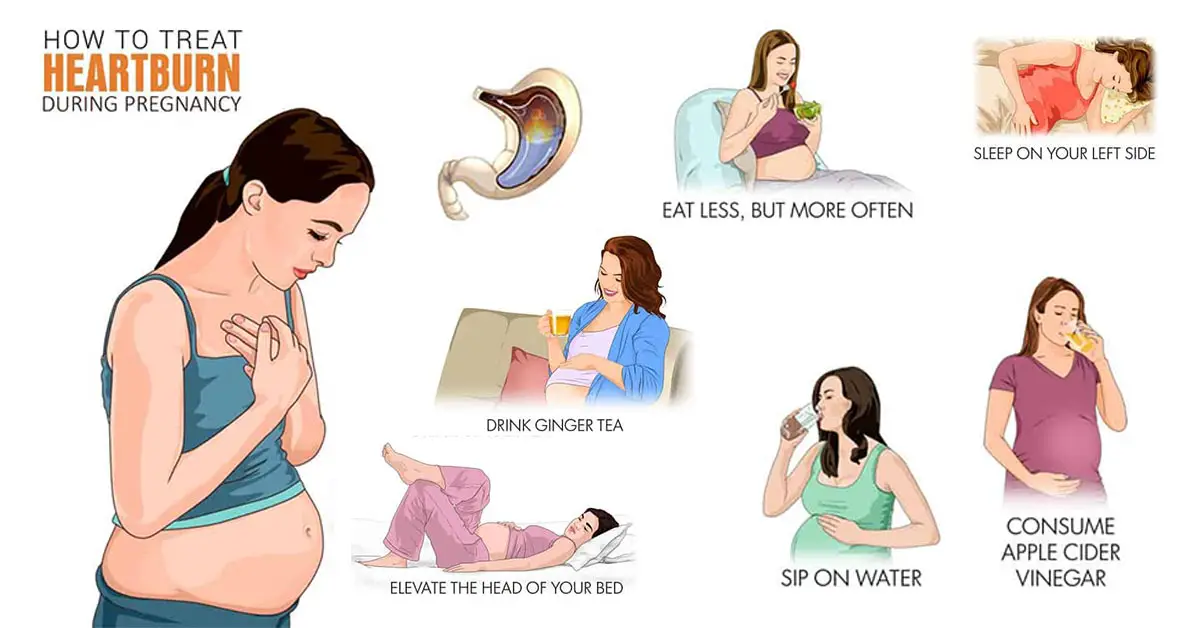
If you find this article helpful, consider sharing it!
8 Things About Household Cleaning During Pregnancy.com
House Cleaning During Pregnancy: Pros and Cons
It is not possible to give up household chores completely for nine months. From the point of view of doctors, cleaning during pregnancy plays a positive role. Moderate physical activity benefits the mother and fetus: improves blood circulation, helps keep muscles in good shape, reduce swelling and not gain extra pounds.
Home hygiene helps prevent bacterial and viral diseases. Carrying heavy buckets or climbing on window sills to clean windows is still not worth it. It is better to delegate these tasks to other family members or call a professional cleaner. nine0005
A woman's body goes through many changes during pregnancy. Each trimester has its own characteristics. They should be taken into account when distributing loads during the cleaning process.
There are also a number of activities that are strictly prohibited for pregnant women:
-
Climbing a ladder, stool, window sill and other “high-altitude” objects;
-
Lift weights over 5 kg, especially in the early stages;
-
Use prohibited household chemicals1;
-
Clean up the litter box and garden because of the risk of toxoplasmosis;
-
Make sudden movements: tilts, turns, squats;
-
Exposing the body to physical stress for a long time, denying yourself rest.
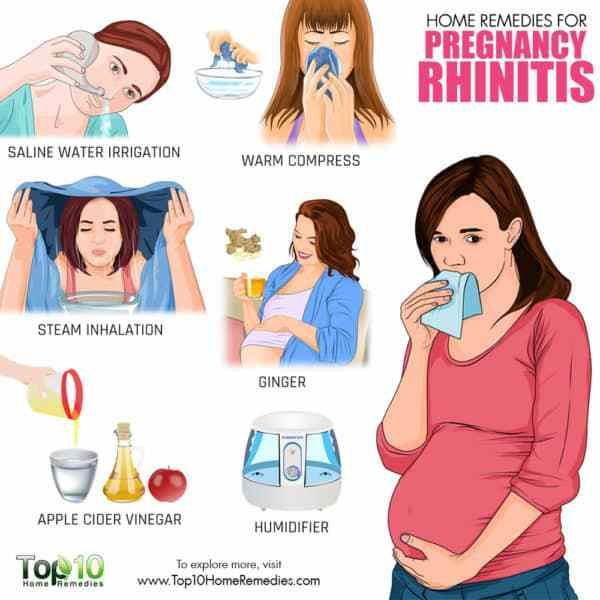
Is it safe to use household chemicals
Cleaning products should be chosen carefully during pregnancy. It is better to give preference to natural cleaners: citric acid, soda, vinegar. However, household chemicals and pregnancy are also quite compatible things. The enhanced composition of store detergents allows you to get rid of germs, bacteria and mold. All household chemicals on the Russian market are subject to examination in terms of sanitary-chemical and toxicological indicators. If a drug has the potential to cause harm to a pregnant woman or unborn child, a warning label is displayed on the label. nine0005
During the first trimester, the baby's vital systems and organs are formed. To protect the fetus from the action of various toxins, the female body produces a special hormone - gonadotropin. Thanks to him, cleaning in early pregnancy can be accompanied by hypersensitivity to odors and toxicosis. To avoid "side" effects, gynecologists recommend using fragrance-free detergents.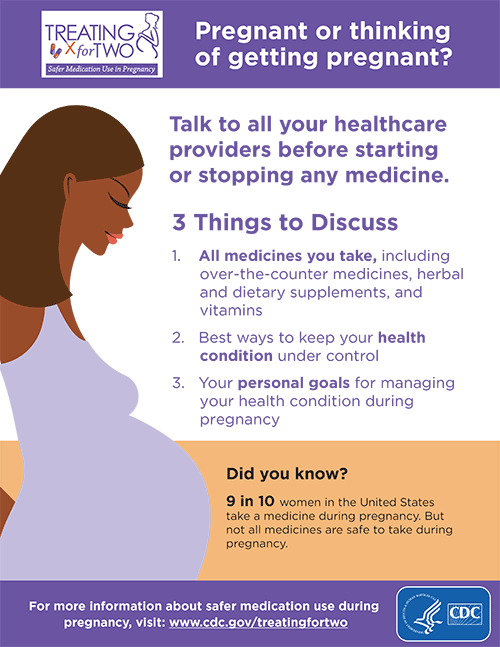
-
To combat pathogenic biofilm in the bathroom and toilet, powerful antibacterial agents like Domestos are indispensable. Sodium hypochlorite in its composition effectively kills germs and mold, keeping plumbing clean. All work must be carried out with rubber gloves and a respirator, and the premises themselves must be well ventilated; nine0005
-
Even with the right organization of the entrance area, dirt and microbes brought on shoes from the street spread throughout the apartment. Glorix disinfectant will get rid of potentially dangerous microorganisms, dust and other contaminants. Washing floors should also be done with protective gloves;
-
The kitchen seems to be one of the cleanest places in the house. However, high temperature, humidity, microdrops of fat and bacteria brought on the products create all the conditions for the growth of harmful microorganisms. Work surfaces should be cleaned regularly with Cif cleaning gels or sprays, and sponges and kitchen towels should be changed every couple of weeks; nine0005
-
Lime scale, grease stains and other dirt can be removed with folk remedies.
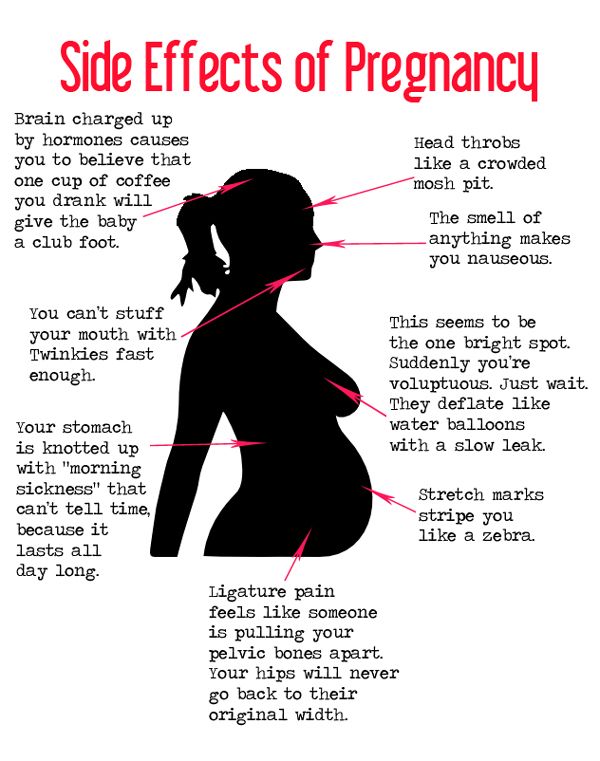 Apply a slurry of soda powder to the surface and after a while wash it off with a solution of vinegar;
Apply a slurry of soda powder to the surface and after a while wash it off with a solution of vinegar; -
Test on an inconspicuous area before applying detergent;
-
Carefully read the instructions, precautions and contraindications on the cleaning agent bottle. Follow the indicated dosage; nine0005
-
Never mix household chemicals. This can cause a reaction with the release of volatile chlorine - the strongest of household poisons;
-
If your general condition worsens after cleaning, dizziness or nausea occurs during pregnancy, immediately inform your family and, if possible, consult a doctor.
-
Replace your regular mop with a modern model with a longer handle and wringer;
-
Water bucket on wheels makes cleaning a lot easier; nine0005
-
Avoid bending over and putting pressure on your stomach. If you need to lean forward, bend your knees and gently stretch in the desired direction;
-
Vacuuming should be carried out with slow, smooth movements, after opening the windows for ventilation;
-
Many pregnant women find it easier to clean the floor by hand, gently kneeling or squatting;
-
If you have frequent low back pain, ask your doctor for a special abdominal support bandage.
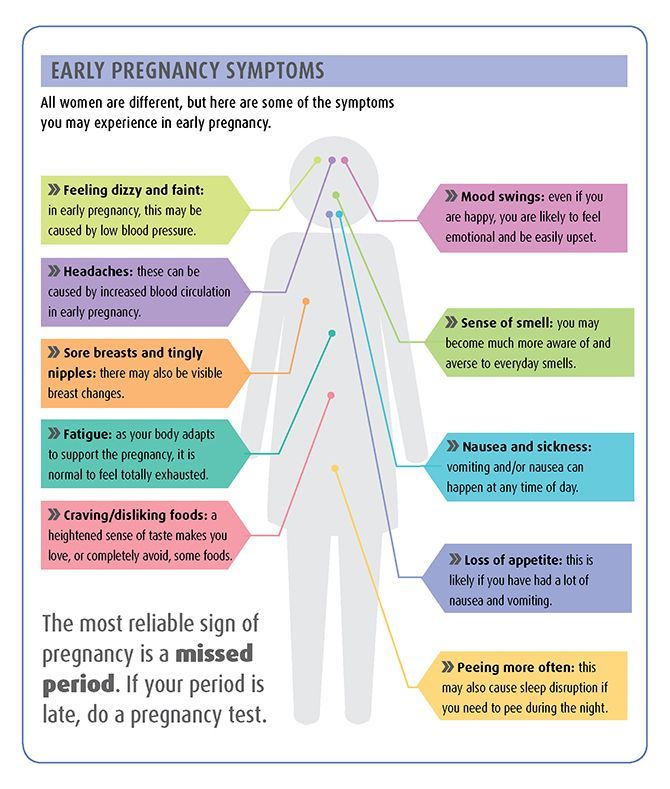 nine0005
nine0005 -
It is forbidden to climb ladders, chairs and other high objects to avoid the risk of falling;
-
It is strictly forbidden to lean out of the windows - entrust the washing of external surfaces to household members;
-
Do not raise your hands above your head - for cleaning remote areas, you can purchase a special scraper or mini window mop with a long handle;
-
Instead of aerosol detergents, it is better to use a citric acid solution. nine0005
-
It is better to replace ordinary washing powder with a sulfate-free detergent without fragrances - this will reduce the risk of allergic reactions;
-
Wet laundry becomes heavier - it is better to entrust it to your spouse;
-
Remove clothes from the washer in small batches and leave to dry at height.
-
Is it possible to wash floors during pregnancy
Washing floors and vacuuming during pregnancy is definitely possible.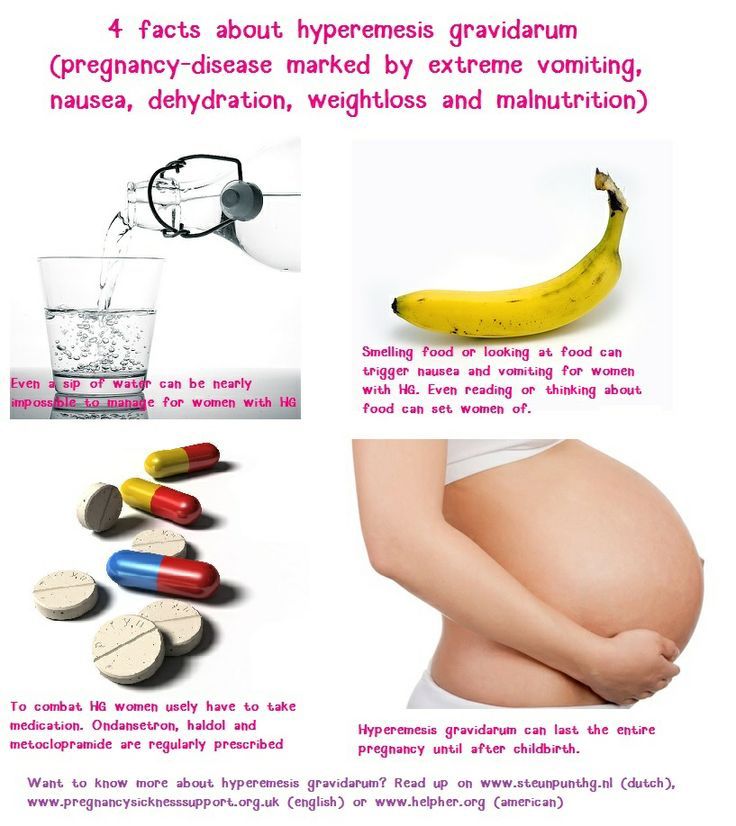 However, there is no universal instruction for this type of cleaning - doctors recommend proceeding from well-being and working in the most comfortable position for no more than half an hour, after which take a 15-minute break.
However, there is no universal instruction for this type of cleaning - doctors recommend proceeding from well-being and working in the most comfortable position for no more than half an hour, after which take a 15-minute break.
The successful course of pregnancy and childbirth is the merit of progesterone. The same hormone weakens the natural immune barrier, makes ligaments and joints more mobile. Along with the growth of the abdomen, the center of gravity shifts - this creates an additional load on the back. nine0005
Is it possible to wash windows during pregnancy
Clean windows not only please the eye, but also provide the necessary insolation. Windows should be washed as they get dirty. On the first floors, dust settles on the glass faster. The same applies to houses adjacent to highways and industrial zones.
How to wash and iron during pregnancy
Doctors advise against hand washing during pregnancy. It is detrimental to the back, besides it takes a lot of strength.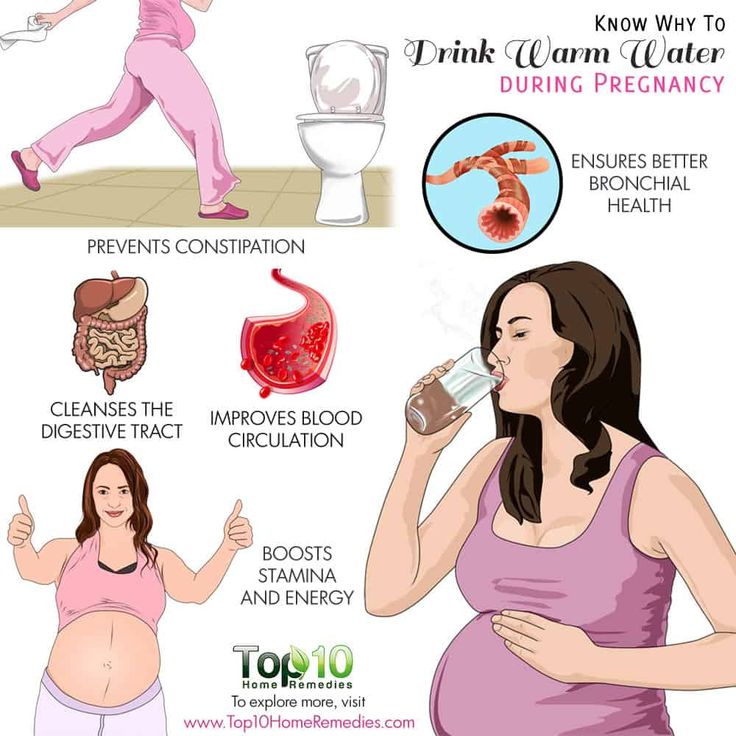 If there is no choice, you should take the most comfortable position. Sit on a chair with a backrest, placing the basin with linen in front of you on a slight elevation. nine0005
If there is no choice, you should take the most comfortable position. Sit on a chair with a backrest, placing the basin with linen in front of you on a slight elevation. nine0005
Most modern materials do not need to be ironed. It is enough to dry things properly, and they can be worn. It is more convenient to align the folds and provide additional disinfection with a steam iron. For supporters of classic irons and ironing boards, doctors recommend doing all the work in a sitting position - this will help reduce the load on the legs and back, avoid swelling and varicose veins, and at the same time be less tired.
Cooking and washing dishes, as well as cleaning during pregnancy, should be done in a simplified manner. Get a comfortable chair to relieve stress on your back. Take frequent breaks and don't overwork yourself. Any household chores can wait - the main thing is your well-being and the health of the baby. nine0005
Why do vaginas smell different? It's okay - this can happen to each of us.
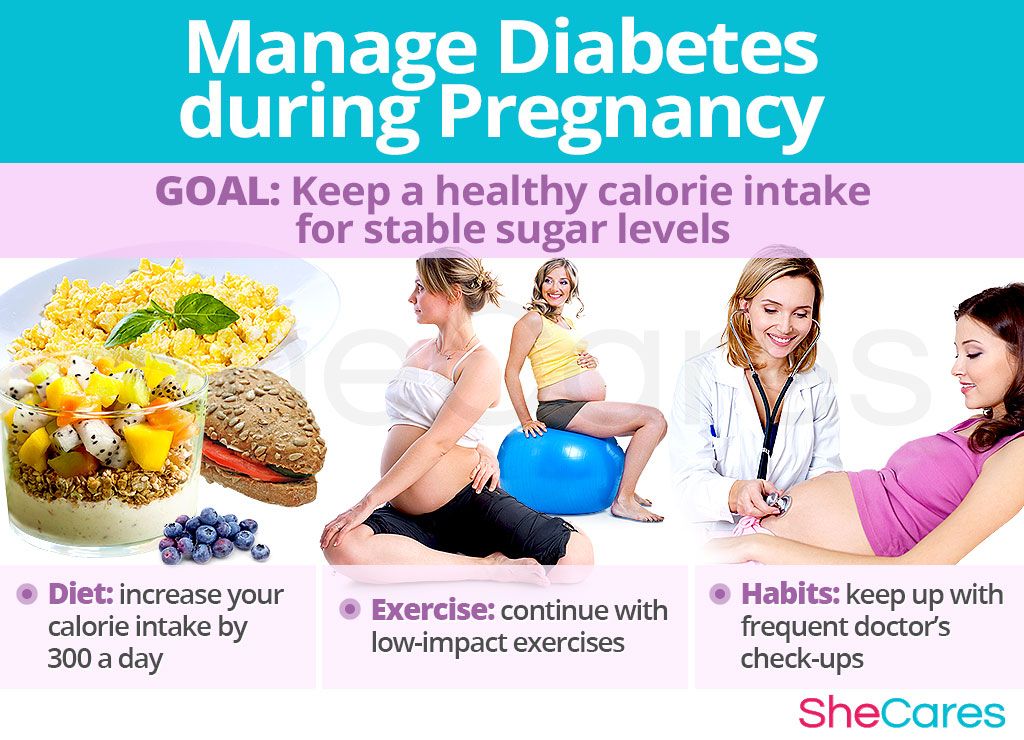
Website editor
Tags:
Health
Women Health
intimate health nine0005
vagina
Getty images
Let's start with the good news: almost certainly everything is in order. Clinical professor of obstetrics, gynecology and reproductive sciences at the Yale School of Medicine, Dr. Mary Jane Minkin says that women at the reception are often embarrassed by an unpleasant smell, but she does not smell it. “There is a wide range of normality when it comes to these things,” she adds. Relax: most likely, you're just exaggerating. nine0005
Do not self-medicate! In our articles, we collect the latest scientific data and the opinions of authoritative health experts. But remember: only a doctor can diagnose and prescribe treatment.
However, some odors may be a reason to visit a doctor, especially if they are accompanied by a discharge other than normal. And here are some of them that can talk about something really serious.
And here are some of them that can talk about something really serious.
Rotten
A strong rotten smell, most likely caused by a tampon that has been in the vagina for several days: the "aroma" comes from a mixture of clotted blood, bacteria and secretions that have accumulated inside you. Don't beat yourself up for being forgetful - that happens to the best of us. What to do, tampons have become so convenient that it is very easy to forget about them. If you cannot pull it out yourself, contact a gynecologist. nine0005
Fishy
If you smell a strong fishy smell from your vagina, you most likely have bacterial vaginosis. This is an infectious non-inflammatory syndrome in which certain microorganisms grow and at the same time the number of lactic acid bacteria with protective properties decreases. The disease may be accompanied by whitish-gray discharge, burning during urination and itching.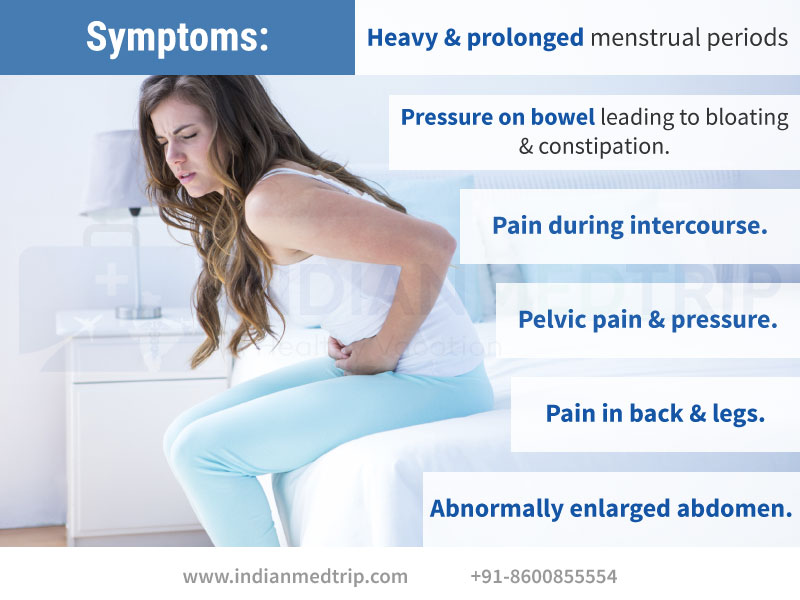
But "fish" in combination with yellow or green discharge indicates that you have contracted trichomoniasis. It is characterized by itching in the vagina, burning during urination and pain during sex. It's okay: you need to go to the gynecologist and get a prescription for antibiotics. Just don't try to solve the problem yourself! Douching, for example, will only hurt by disturbing the pH level of the vagina. nine0005
Bread
Does your vagina smell like it's infused with bread starter? Then, most likely, you have candidiasis, it is also called thrush or a yeast infection. Candidiasis begins when lubricants, spermicides, antibiotics, or even pregnancy trigger an increase in the number of Candida fungi that live inside us but are usually kept in check by the immune system.
Other signs of thrush are burning, itching, swelling and white curdled discharge. But the good news is that a yeast infection is nothing to worry about. Just consult a doctor to confirm the diagnosis and buy the antifungal drugs prescribed by him. It will take quite a bit of time, and you will stop smelling of the brew. nine0005
Just consult a doctor to confirm the diagnosis and buy the antifungal drugs prescribed by him. It will take quite a bit of time, and you will stop smelling of the brew. nine0005
Strong bad odor
If it doesn't smell like fish or rot and you can call it very, very bad, take your temperature. If it is close to 38 degrees - urgently see a doctor! Most likely, you have pelvic inflammatory disease, and this is already serious. It usually happens when the bacteria that cause gonorrhea and chlamydia move further out of the vagina into and into the cervix.
Cheesy
This smell is less common, but some girls complain that the smell of their vagina is somewhat reminiscent of cheese. Jackie Walters, MD, OB/GYN, and author of Queen B: Everything You Need to Know About Sex, Intimacy, and Lower Tummy Health, explains that this effect is due to a combination of factors. For example, a combination of a yeast infection with lubricant, or the use of a condom during trichomoniasis can lead to a cheesy smell. But the conclusions are the same: you should see a doctor. nine0005
But the conclusions are the same: you should see a doctor. nine0005
Chlorine or bleach smell
Let's take a break and talk about weird smells that don't really mean anything bad. The first is the smell of bleach or bleach. Unexpected, right? But this is a fairly common phenomenon: such an effect appears after using a flavored lubricant or a condom. There is no need to worry: the "special effect" will disappear by itself over time.
Metallic
If you feel it during menstruation, then everything is in order - this is how blood should smell, because it contains iron. This also happens after a gynecological examination or hurried sex, when you did not wait until the lubricant was released, and the lubricant was not at hand. But if the smell is combined with itching or strange discharge, then it is better to consult a doctor. nine0005
Musk
The smell of a healthy vagina can change depending on how much you sweat. Do not be afraid after an intense workout if the musk is felt stronger than usual: there are sweat glands in the anus and vulva area that secrete moisture. Take a shower - you don't have to do anything else.
Do not be afraid after an intense workout if the musk is felt stronger than usual: there are sweat glands in the anus and vulva area that secrete moisture. Take a shower - you don't have to do anything else.
Sweet smell
You must have heard the advice to eat pineapple before oral sex (although it is more commonly given to men). This is not scientifically proven, but many girls say that diet can affect the smell of their vagina. According to Jennifer Wieder, MD, citrus fruits—oranges, pineapples, and grapefruits—sweeten the aroma and taste of vaginal discharge. But it is not at all necessary to consume fruits constantly just for the sake of this effect: remember, you are already perfect! nine0005
Pungent smell
However, not only pineapples can "transmit" their smell to the vagina: onions and garlic have the same effect. The fact is, explains Dr. Wieder, that the smell of spicy food is carried by the sweat glands throughout the body.

